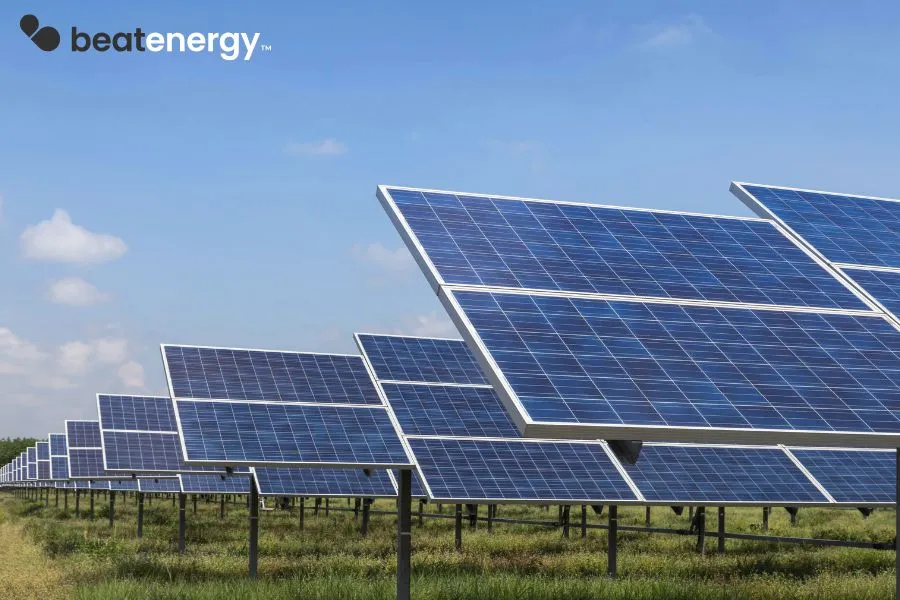How to Choose the Right commercial Solar System for Your Home?
When you consider setting up a large-scale solar installation in your home (or even in your home business), you are venturing into the commercial solar energy space. These choices will have an impact on your savings, longevity of your system, and the payoff of your investment. The following is a guide that will allow homeowners to choose the appropriate commercial solar system, without being overwhelmed.
What Makes “Commercial” Solar Different
A business solar system tends to be larger, more complicated, and has more requirements than a normal residential solar system. It tends to carry greater power loads, has stronger regulatory and structural requirements, and might require special permits and grid-connection conditions. A typical residential solar system can be good enough, but when you use a lot of electricity, or want to future-proof (e.g. home business, EV charging), it is a good idea to consider a commercial-scale system.
Key Factors to Consider
Understand Your Power Consumption
- You should first find out how much you currently consume in terms of electricity (monthly and annually) and when you have your highest consumption times. When your loads are primarily during the day, a solar production will be more beneficial to you. Assuming that you will grow (additional appliances, additional hours, possibly a business), consider that in your sizing.
- Check your electricity tariff also, peak rates, time of use charges, and are feed-in rates high. These affect payback.
Available Space and Roof Suitability
- Are you space wise, rooftop or ground, which is highly exposed to the sun? Shading, direction, roof slopes, strength, and structure are important. Roof load capacity and structural integrity ought to be verified in case of large systems.
- Where there is not much roof space or very unusual shapes, a panel layout or a minor amount of ground mounting may be necessary.
Quality of Panels, Inverters and Equipment
- Select panels that have high efficiency, good warranties and strong construction. Quality can be more expensive, yet tend to perform better under less-than-ideal conditions.
- Inverters are important: size should be equal to the panels, string, micro-inverters or optimisers according to the layout, shade etc. Compare the warranties as well.
Choosing the Right Commercial Solar Companies / Installer
- Not everyone has experience working on commercial solar systems. Seek the ones who have successful track records in commercial projects. Request case studies, client references.
- Make sure it is properly accredited (e.g. Clean Energy Council accredited in Australia), has good warranties, good local support. Maintenance, monitoring, and long-term servicing should also be provided by a reliable company.
Financing and Return-on-Investment (ROI)
- Initial commercial solar systems might be expensive. Think about financing, leasing, or loans. Compare them against estimates of energy savings, feed-in revenues, incentives.
- Determine the breakeven time frame, taking into account the cost of operation, maintenance, potential replacement of inverter, clean-ups, etc. Also take into consideration life span of panels (in most cases 25 years and above) in calculating long term value.
Final Thoughts
Selecting an appropriate commercial solar system will be a tradeoff between size and price, equipment quality and initial investment, and regulatory compliance and simple installation. When properly executed, it can result in a payback in terms of saving years, environmental impact, and energy security. When you plan it well, you have the right quotes of reputable commercial solar companies and long-term performance then you are in a position to make a smart investment in solar energy.
Share this content:





